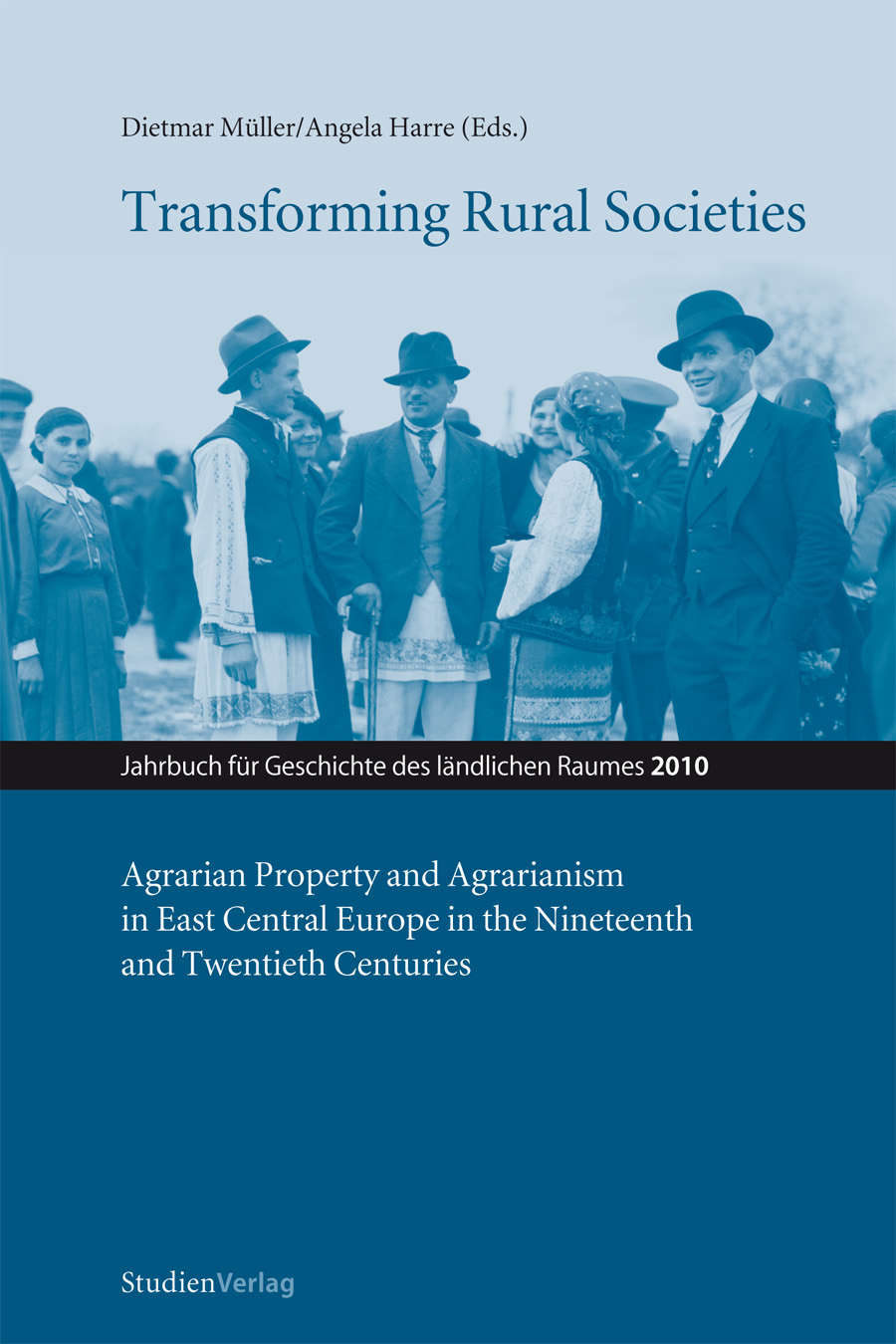Die Wahrnehmung der ostmitteleuropäischen Landreformen in Westeuropa 1918–1939
DOI:
https://doi.org/10.25365/rhy-2010-6Abstract
Nearly all East Central European states provided land reforms in the interwar period and changed the ethno-demographic and social composition of their populations by forced expropriation and redistribution of agrarian land. This and the impact on state economy and the system of property to land led to a broad interest of the decision making elites in Western Europe. The author presents several cases of diplomatic interferences by Great Powers which led to special exceptions in the legal implementation of the reforms. The article also focuses on the political background of academic and newspaper publications in English, French, and German on this topic. Nearly all scholars presented partial views which were motivated by national or social perspectives on the reform process. They mainly referred to civilization and progress as points of reference. Therefore contemporary scholars should take more care when they underline their arguments with contemporary literature.


